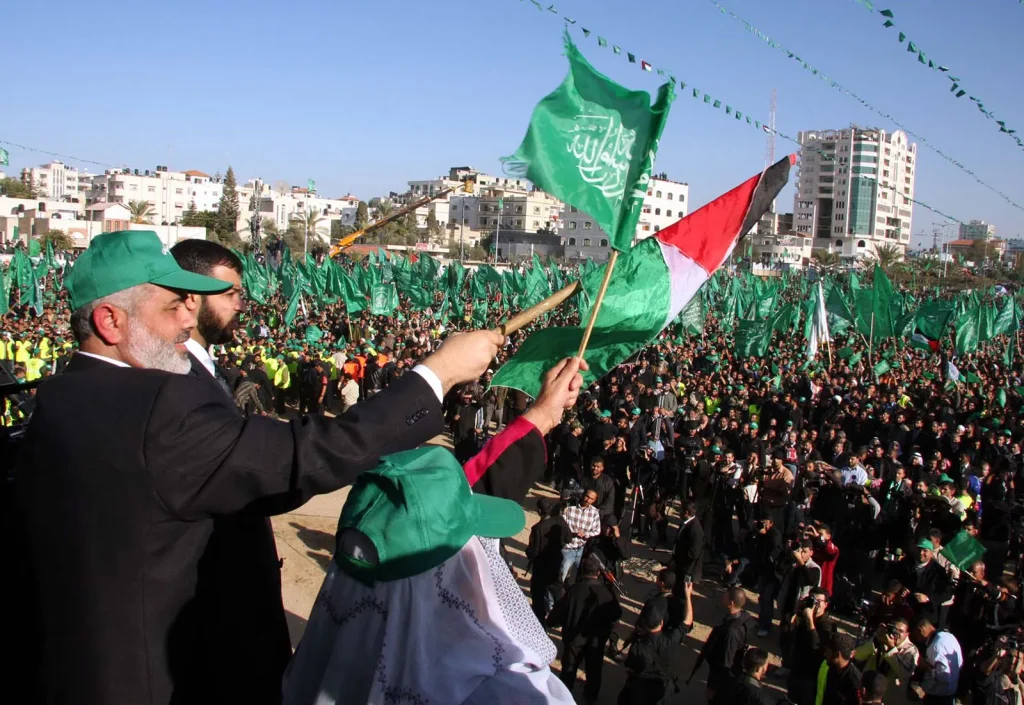Recent reports indicate that Hamas has made public calls for an end to the ongoing war, urging for a ceasefire. This development has led many to question, “Did Hamas end the war?” While Hamas has not yet taken concrete steps to cease hostilities entirely, these statements reflect a significant call for a pause in the conflict.
Analyzing the Call for Ceasefire
As reported by major publications, including Newsweek, the call for a ceasefire by Hamas is seen as a response to the intensifying humanitarian crisis in the region. This appeal aligns with growing global demands for a ceasefire to address the escalating toll on civilian lives. The question remains, however, if Hamas’s call will translate into actionable steps to end the war, and what impact this would have on the broader region.
The Broader Context: War and Ceasefire
Understanding the complexities surrounding Hamas’s stance on war and the recent call for an end to hostilities requires looking at the broader regional dynamics and international responses. In the past, ceasefires have been temporary, often with both sides returning to conflict after brief pauses. Observers are cautiously monitoring whether Hamas’s latest call for an end to the war could mark a shift toward long-term peace.
Public Reactions and Global Implications
The statement has led to a variety of responses from governments, NGOs, and individuals worldwide. Many hope this call from Hamas for a ceasefire could contribute to diplomatic efforts for a lasting peace. However, questions remain on whether these intentions will be followed by action. As events unfold, international leaders and organizations continue to discuss potential avenues for a sustainable end to the violence, with many hoping that Hamas’s recent statements may help pave the way.




